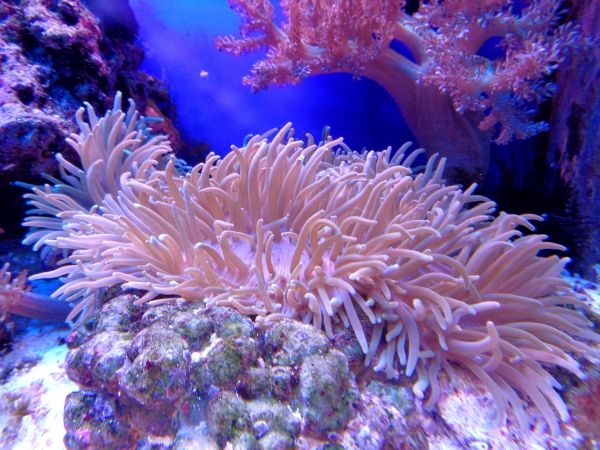A new study led by teams of the Faculty of Biology, the Biodiversity Research Institute (IRBio) of the UB, and the Institute of Marine Sciences (ICM-CSIC) of Barcelona has revealed that marine heatwaves associated with the climate crisis are bringing down the populations of coral in the Mediterranean, the biomass of which in some cases has been reduced by 80 to 90%.
According to the study, published in the journal Proceedings of the Royal Society B, coral populations of the Mediterranean —essential for the functioning of the coral reefs, one of the most emblematic habitats in this sea— could be unable to recover from the recurrent impact of these extreme episodes, with water temperatures reaching high degrees for days and even weeks.
This is the first study to assess the long-term recovery capacity of populations of two emblematic species of Mediterranean coral: the red gorgonian (Paramuricea clavata) and the red coral (Corallium rubrum), which provide complex habitats that are essential for a great diversity of associated fauna. Therefore, it is essential to understand their resilience regarding the more frequent and intense heatwaves.
Mass mortality events
The climate crisis is severely affecting the marine ecosystems worldwide, and the Mediterranean is no exception. In particular, the marine heatwaves associated to the climate crisis are causing mass mortality events in all the coastal ecosystems of this basin, and among the most affected species are the Mediterranean corals.
Read more at: University of Barcelona
Photo Credit: AliceKeyStudio via Pixabay


